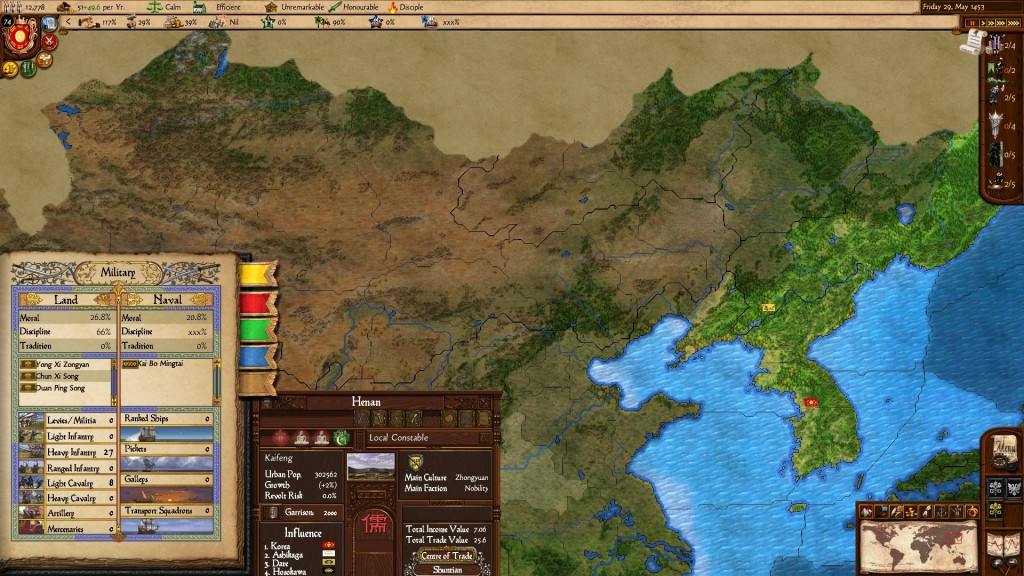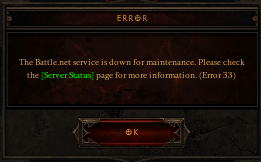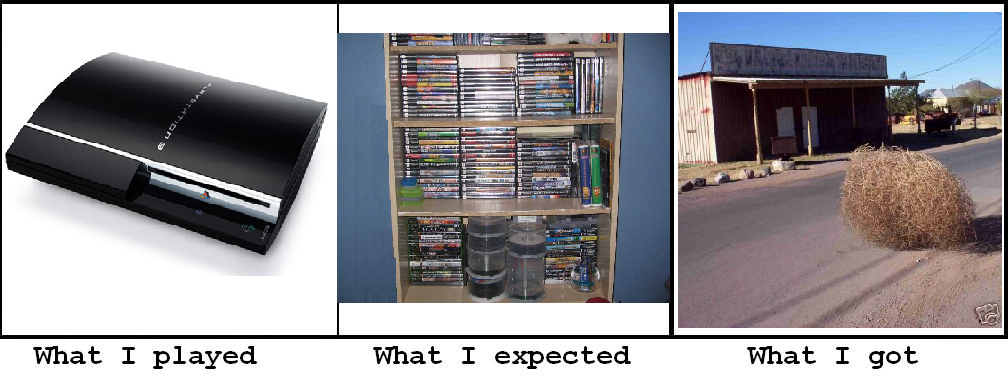As I’m sure many of you fine folks will be aware, there’s a website called Kickstarter out there which has become rather popular of late. If you are indeed uninitiated, the essential idea is that you posit a creative project, set a monetary goal to fund said project, and then people can pledge dosh to support it. If you don’t make the goal nobody pays, but if you meet or exceed it, voila – you’ve got your cash. I can see the logic here as it means committing to a project only costs you if loads of other people support it too – so it’s security for your pledges, helps ensure dosh for the prospective producer, and is in and of itself a good source of advertising for projects.
What does this mean for games? Well it looks pretty promising so far. Now with something like a book, a one-person operation you can do in your own time, you get it out there and THEN try to sell it, at least with current e-publishing taking off. A videogame, even an indie one, is of course a much bigger investment. It takes time, and even if you’re working with a really small team you might need to bring in, say, a music guy for awhile. All of this of course costs money in a variety of ways, from wages to licensing to Thai ladyboy prostitutes. Games, in short, cost money to make. And the men in suits who fund them are aware of nothing except that. All they want is to get Call of Duty’s sales figures. Kickstarter offers a striking alternative to this which I think really needs to be highlighted; it’s the democratization of funding, insofar as you believe capitalism can be democratic. (Worker solidarity! Syndicalists unite!)

Take a look at FTL. It’s a great idea, and I’m wholly behind it. Take a look at those numbers though; these guys figured they needed $10,000 to get their project finished, and they ended up with $200,000. Twenty times more than they asked for. Even if we assume a bigger company had looked at their idea and what they had so far and said “Yeah, I can see this working out.”, would they have gained that much funding? And if they had, would it have been so free of strings and meddling?
Of course not every Kickstarter works out. I’m surprised at how little Kenshi got, for example. It’s going to take some time for people to figure out how this whole thing works and how to get their names out there successfully; and we don’t have enough money to fund all the projects (because we’re not a global federation of anarcho-Syndicalist communes, no doubt), but nonetheless this field seems to me to be an exciting development. Even moreso if we look at how Kickstarter can be combined with Amplitude’s model of letting beta players vote on features and the Minecraft-led idea of letting people buy in alpha/beta. It’s hard to discern what shape this will all take, and of course there’s no end-state here, there’s going to be new developments that change the playing field if not the whole ball game again. But maybe, if we’re lucky, this will lead to an increase in player input and more importantly still the ability for developers to be in charge over publishers and executives.








